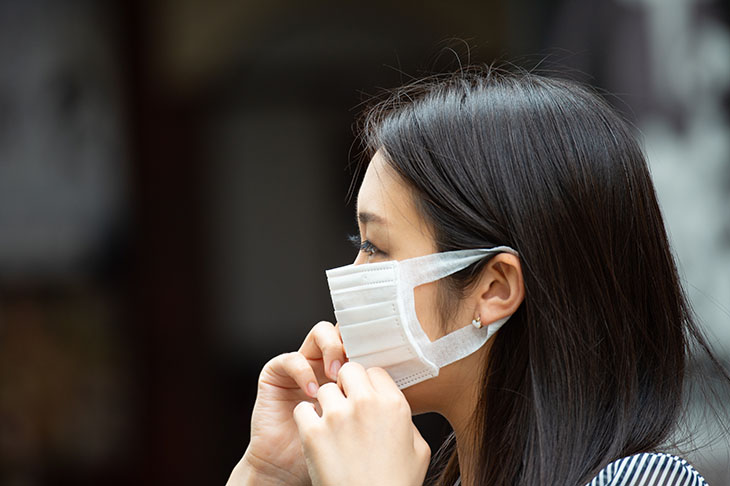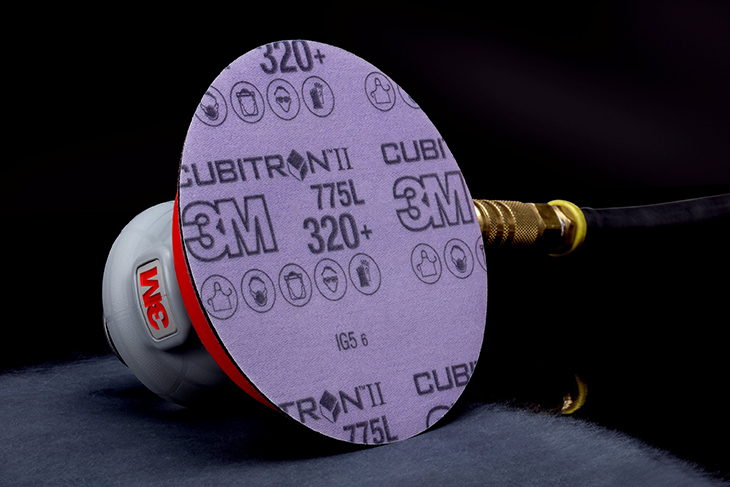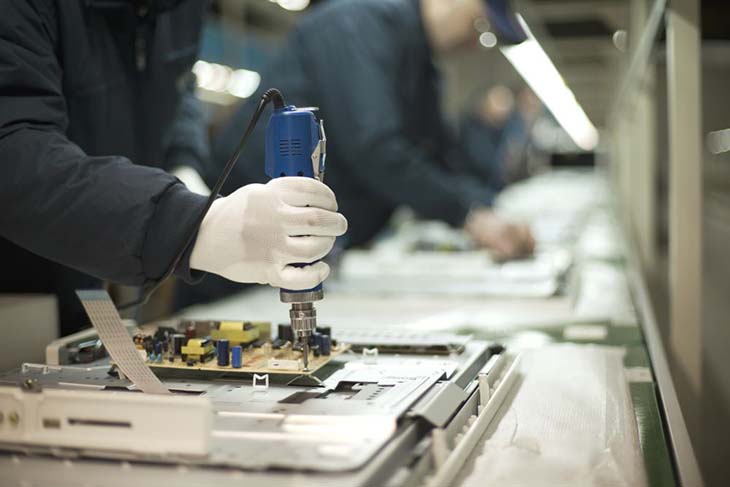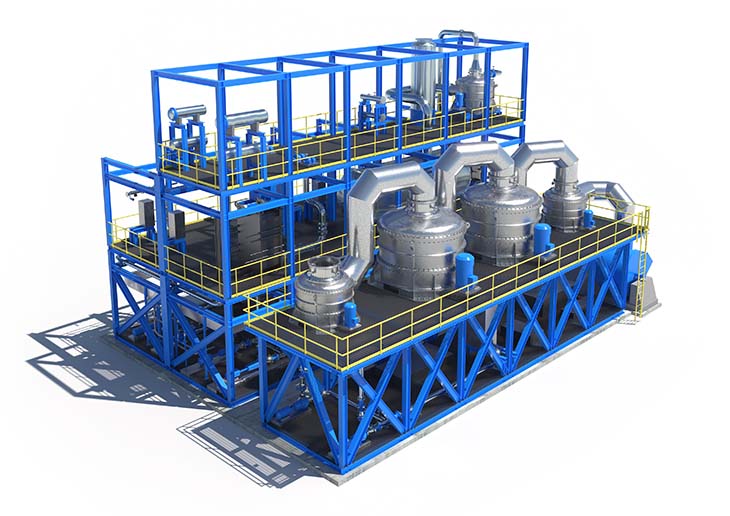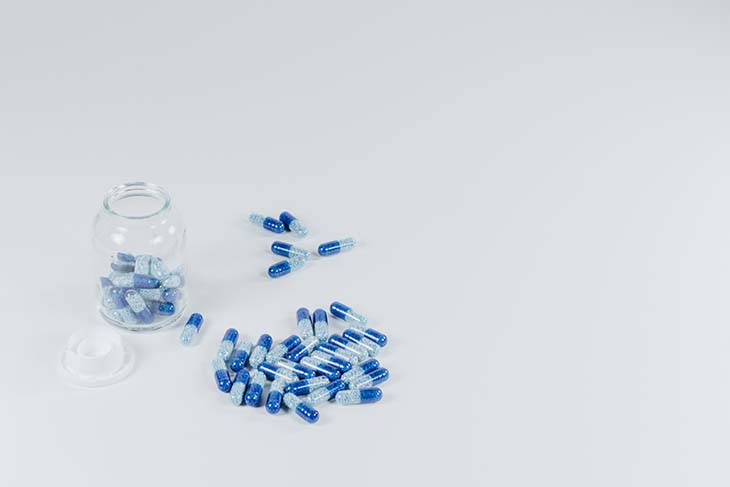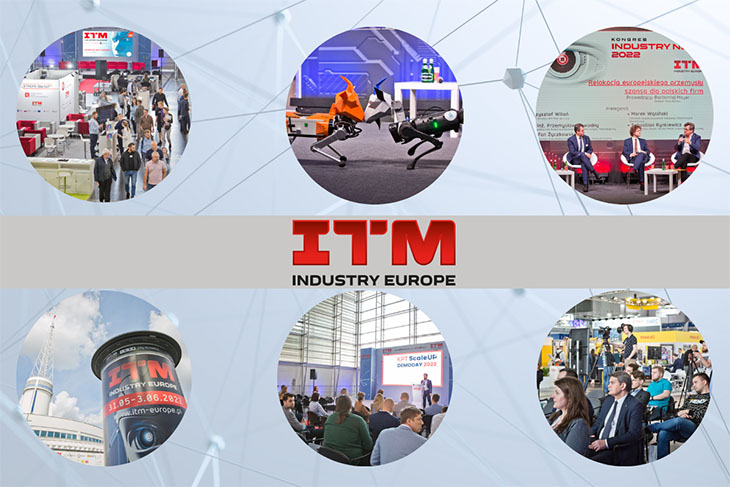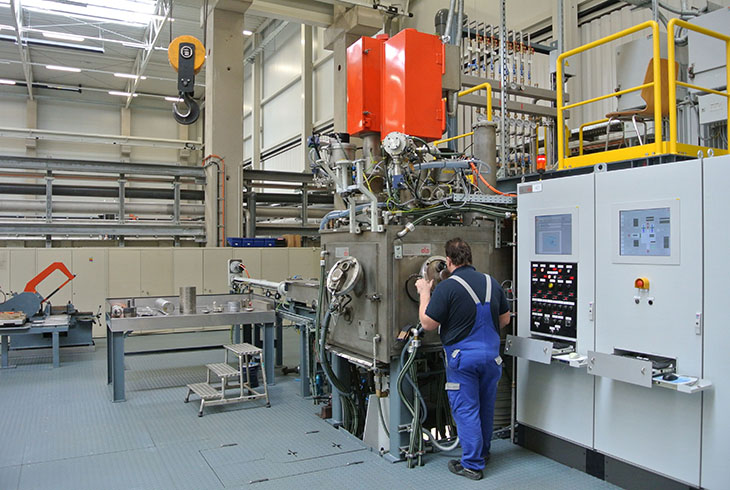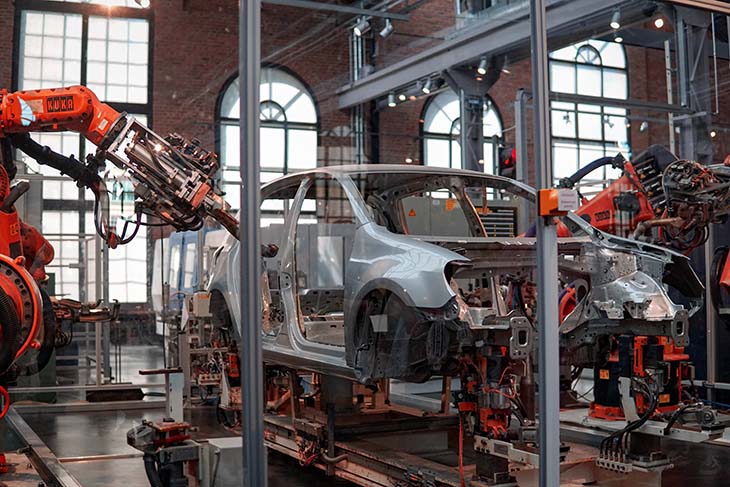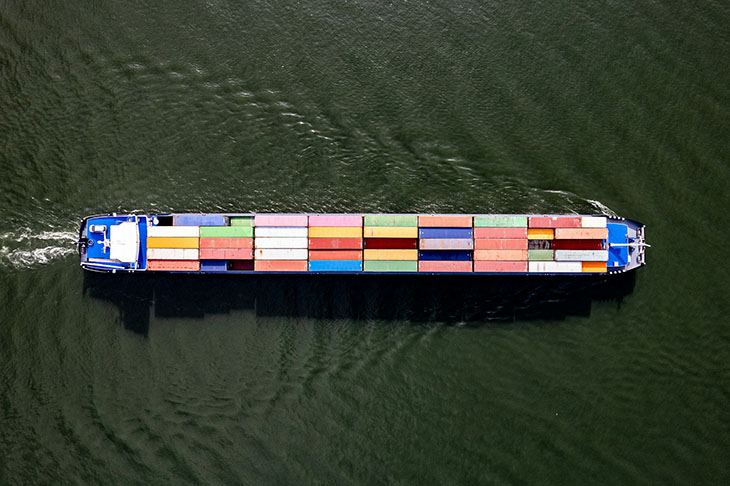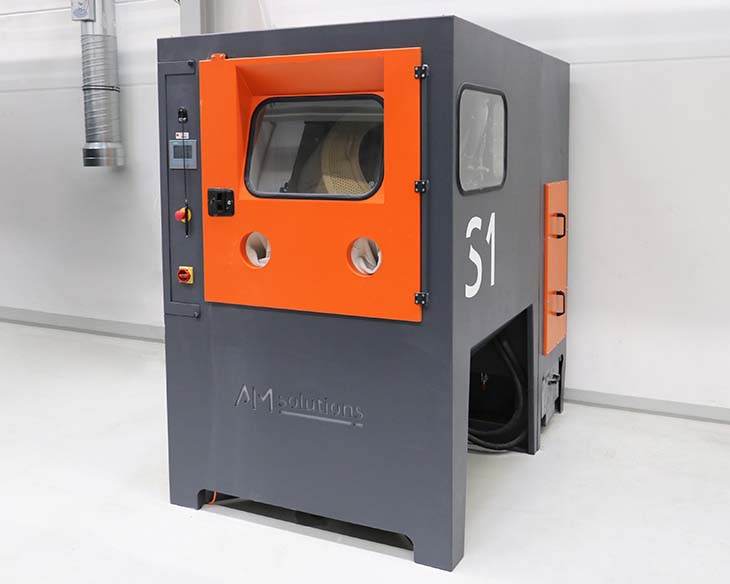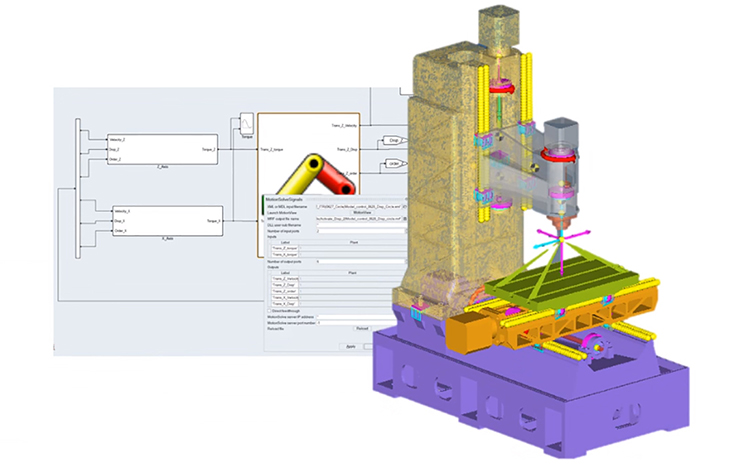03 April 2020 – Mondi is committed to playing its part to produce important supplies and components during the COVID-19 outbreak. As a global leader in packaging and paper, Mondi's Personal Care Components team has found a way to convert a production line at its Gronau plant in Germany to manufacture soft, elastic straps which are now being used for face masks and used by medical professionals and consumers globally.
Mondi’s plant in Gronau, Germany, typically focuses on making materials used in hygiene products such baby diapers, adult incontinence pads and feminine care items. However, the plant was able to quickly adapt one of its manufacturing lines to produce a three-layer, laminated strap that binds a stretchable plastic film between layers of soft, nonwoven material. The straps, which Mondi supplies to its mask-making customers on a reel, are then cut and attached to each side of a mask, which can loop comfortably over the user’s ears to hold the mask in place.
This elastic material replaces a rubberised band that holds the mask to the face, thereby increasing operational speed of the machines in comparison to rubber which is slower.
“Mondi Gronau is working to provide straps that will fit more than one billion nonwoven face masks. As there is increasing demand for such types of face masks, we are building up our capability to meet this demand. By producing this soft elastic strap, we are able to produce more volume to meet growing demand,” says Dr. Michael Trinkaus, director of R&D and application engineering for Mondi’s Personal Care Components division.
Our support in China
Mondi also operates a plant in Taicang, China, that laminates film made in Gronau to make nonwoven hygiene products similar to those manufactured in Germany. While closely monitoring developments, assessing risks, and implementing preventative policies in line with the local government regulations and recommendations, the company was able to meet orders for mask straps from customers in China when the COVID-19 virus epidemic first broke out. Demand is now growing for more of such supplies from customers across Europe, prompting the Gronau plant to increase production of this material.









